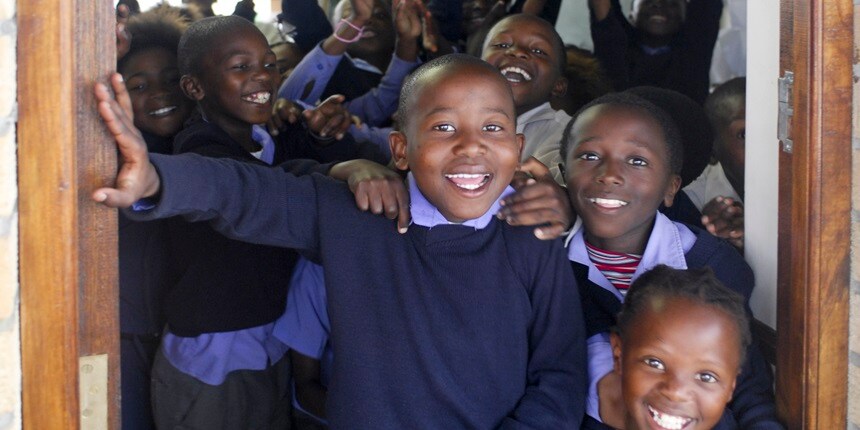30 years into freedom, many school kids in South Africa still walk miles to class
Press Trust of India | November 12, 2023 | 03:53 PM IST | 2 mins read
with poverty soaring and unemployment at over 25%, school buses are low on the list of priorities of South African government.

DUNDEE (SOUTH AFRICA): On weekdays, 14-year-old Luyanda Hlali gets up before dawn to fetch firewood and cow dung to start a fire and boil some water before her four siblings and parents wake up. The mornings are a hive of activity in the Nhlangothi home, in the tiny village of Stratford in South Africa's KwaZulu-Natal province. Once her chores are done, Luyanda embarks on a 10-km (6-mile) walk to her school.
There are no school buses. There is only the long, dusty road where thieves and bad men can accost her. Luyanda is one of tens of thousands of children in South Africa's poorest and most remote rural communities who still face long walks to the nearest public school, nearly 30 years after the nation ushered in democratic change. The hardships underscore the children's unequal access to education; the lack of government-funded school transportation has exacerbated myriad dangers.
Girls face the threat of assault and robberies are rampant. Parents, local leaders and activists say the situation perpetuates already existing inequalities in a country described by the World Bank as the most unequal in the world. In KwaZulu-Natal, campaigners and activists are pressing authorities to provide transport for over 2,00,000 schoolchildren like Luyanda — kids who have to walk 3 kilometers or more to school.
That distance, under President Cyril Ramaphosa's government policy, requires authorities to provide transportation for the students. But with poverty soaring and unemployment in the country of 5.6 crore people at over 25%, school buses are low on the list of priorities. Psychologist Melinda du Toit says the lack of school transportation is indicative of the socio-economic realities of South Africa and its inherent inequality.
Also Read | Bihar Caste Survey Report: 6.11% are graduates, 15% cleared Class 10
Those who cannot afford to live in urban areas will continue to lack basic services. A 2020 Amnesty International report said children's experience in South Africa “still very much depends on where they are born, how wealthy they are, and the color of their skin”.
Follow us for the latest education news on colleges and universities, admission, courses, exams, research, education policies, study abroad and more..
To get in touch, write to us at news@careers360.com.